Dyslexia and Reading Problems
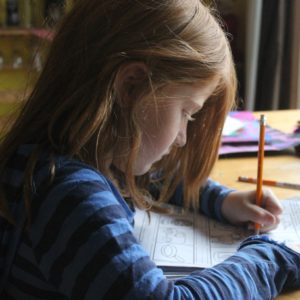 Dyslexia is a complex language problem. It involves not being able to break down a word into the sounds that make it up, as well as not being able to think or write about the sounds in a word. Research from the National Institutes of Health has shown that dyslexia affects 5–10 percent of the U.S. population, with estimates as high as 17 percent. Read more ›
Dyslexia is a complex language problem. It involves not being able to break down a word into the sounds that make it up, as well as not being able to think or write about the sounds in a word. Research from the National Institutes of Health has shown that dyslexia affects 5–10 percent of the U.S. population, with estimates as high as 17 percent. Read more ›
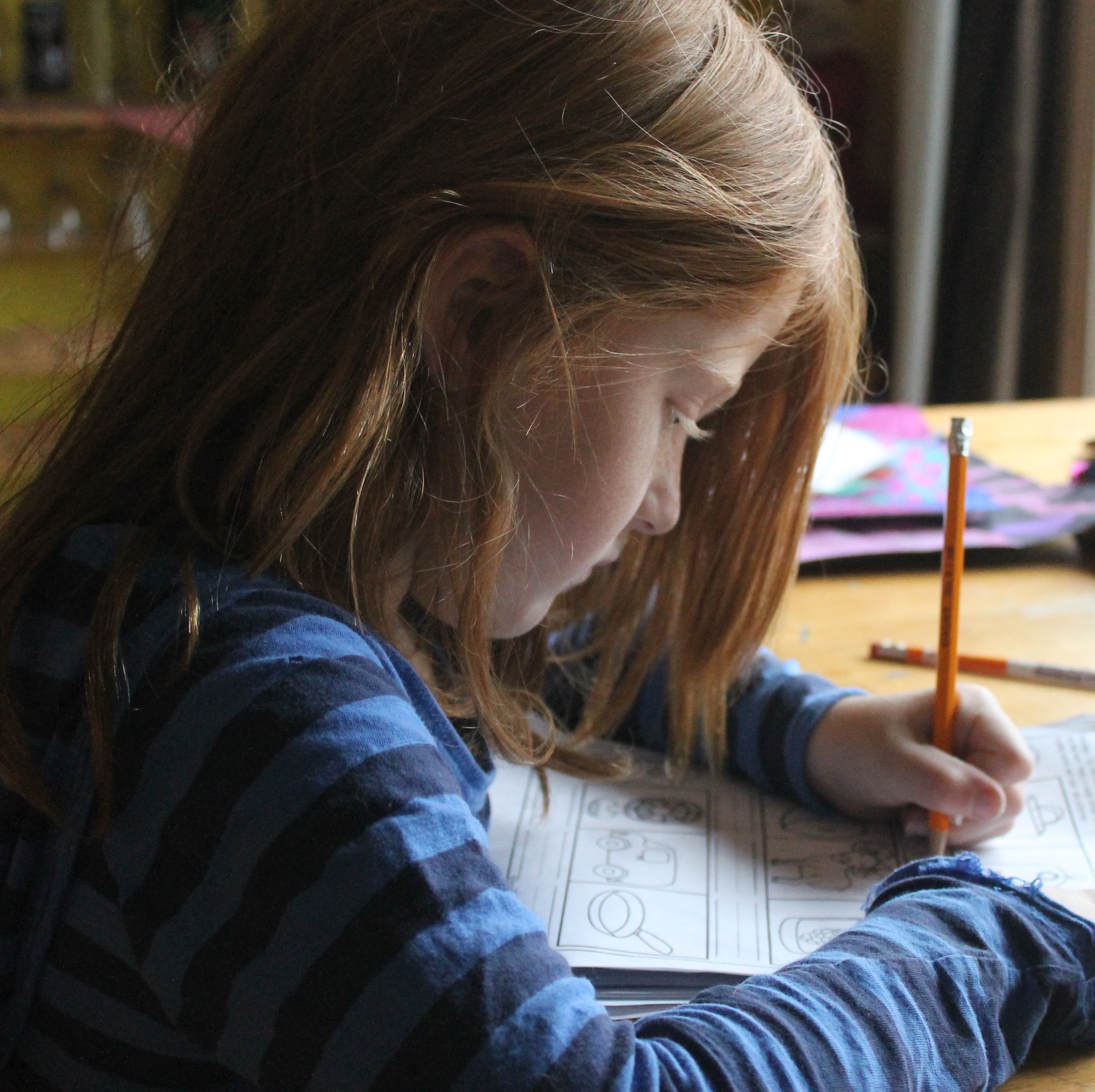
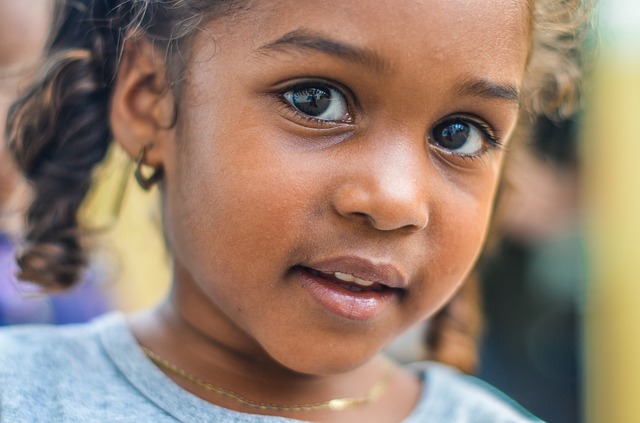
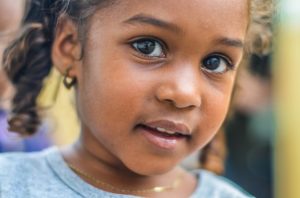 How many words does a typical 18-month-old child speak? Does speaking more than one language to a child confuse her or delay language development? Test your knowledge about speech and language development in young children with this 10-question quiz developed by CHC’s speech and language pathology (SLP) team.
How many words does a typical 18-month-old child speak? Does speaking more than one language to a child confuse her or delay language development? Test your knowledge about speech and language development in young children with this 10-question quiz developed by CHC’s speech and language pathology (SLP) team. 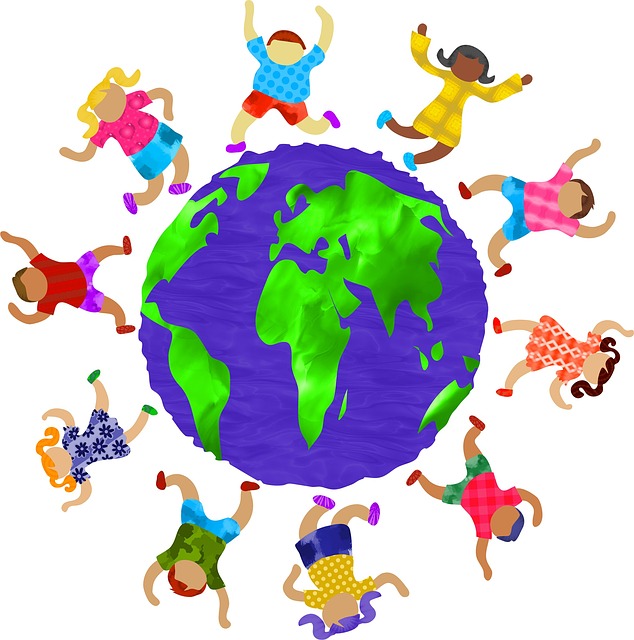
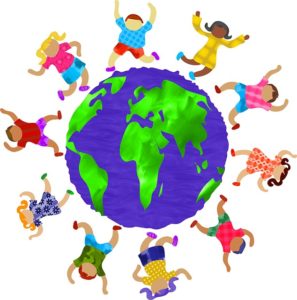
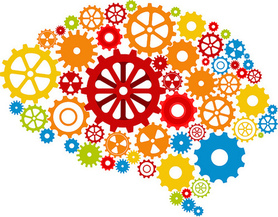
 For parents, childcare providers, and early educators, new research describes a simple and powerful way to build children’s brains: talk with them, early and often.
For parents, childcare providers, and early educators, new research describes a simple and powerful way to build children’s brains: talk with them, early and often. 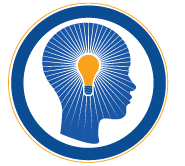 The
The 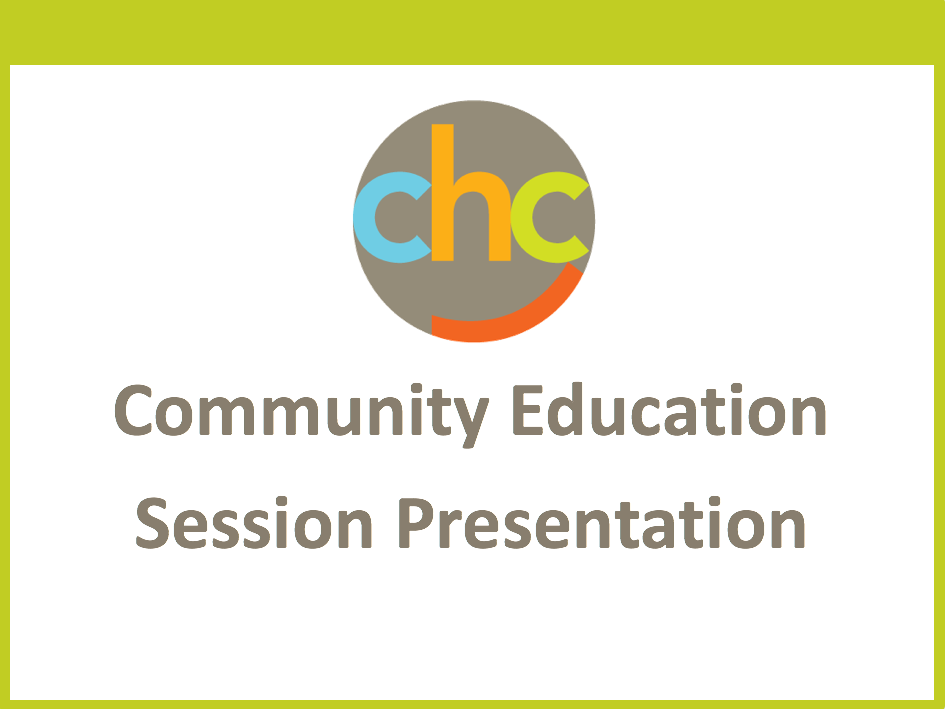
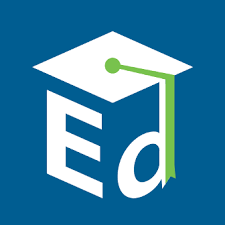
 There are 13 categories that guide how disability is defined under the federal special education law known as the
There are 13 categories that guide how disability is defined under the federal special education law known as the 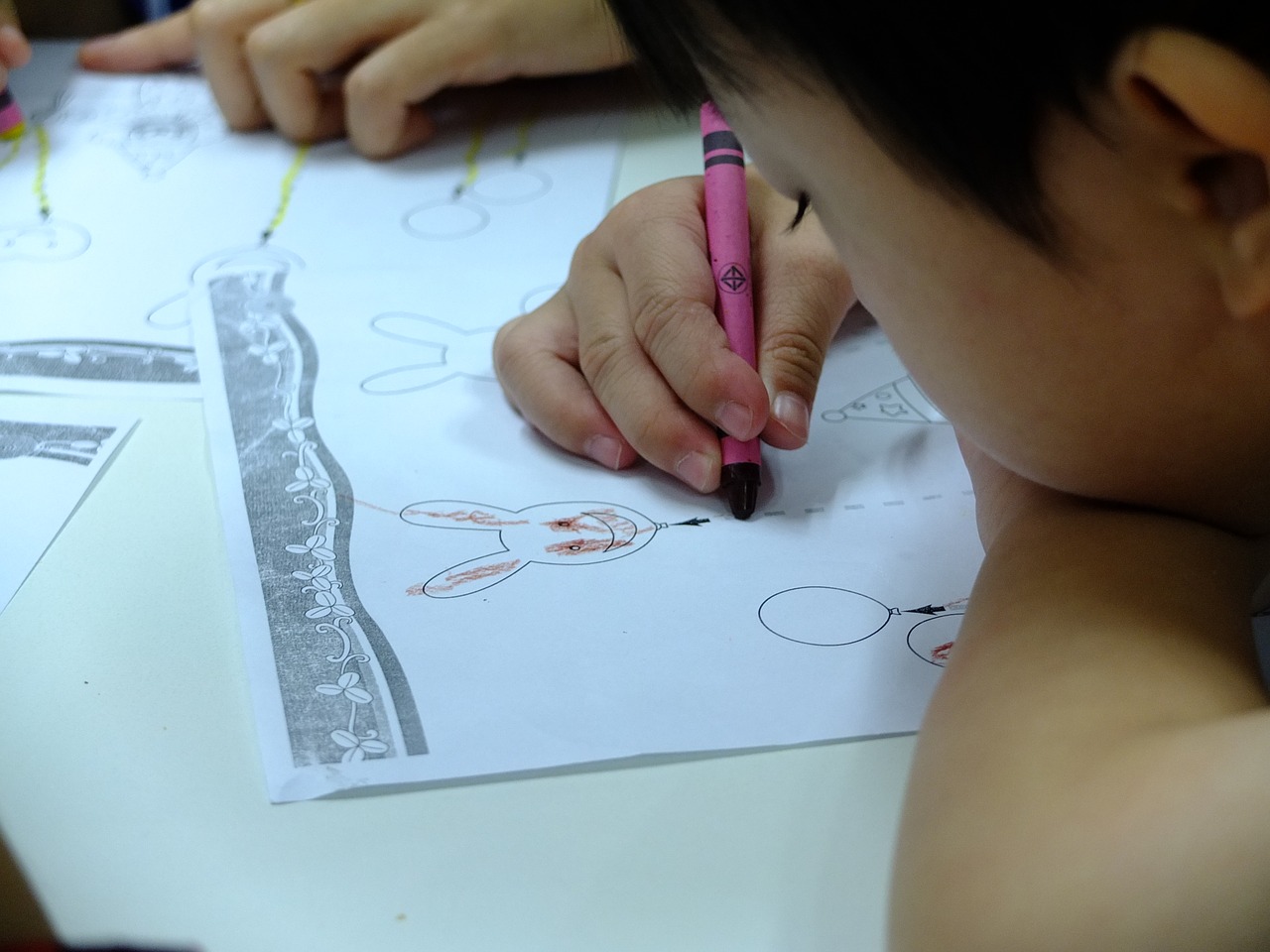
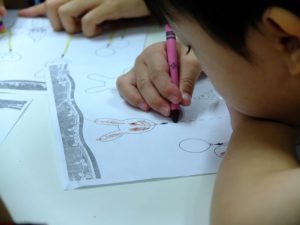 Many children have difficulty with reading, writing, or other learning-related tasks at some point, but this does not mean they have learning disabilities. A child with a learning disability often has several related signs, and these persist over time.
Many children have difficulty with reading, writing, or other learning-related tasks at some point, but this does not mean they have learning disabilities. A child with a learning disability often has several related signs, and these persist over time. 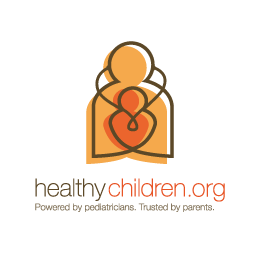
 The
The 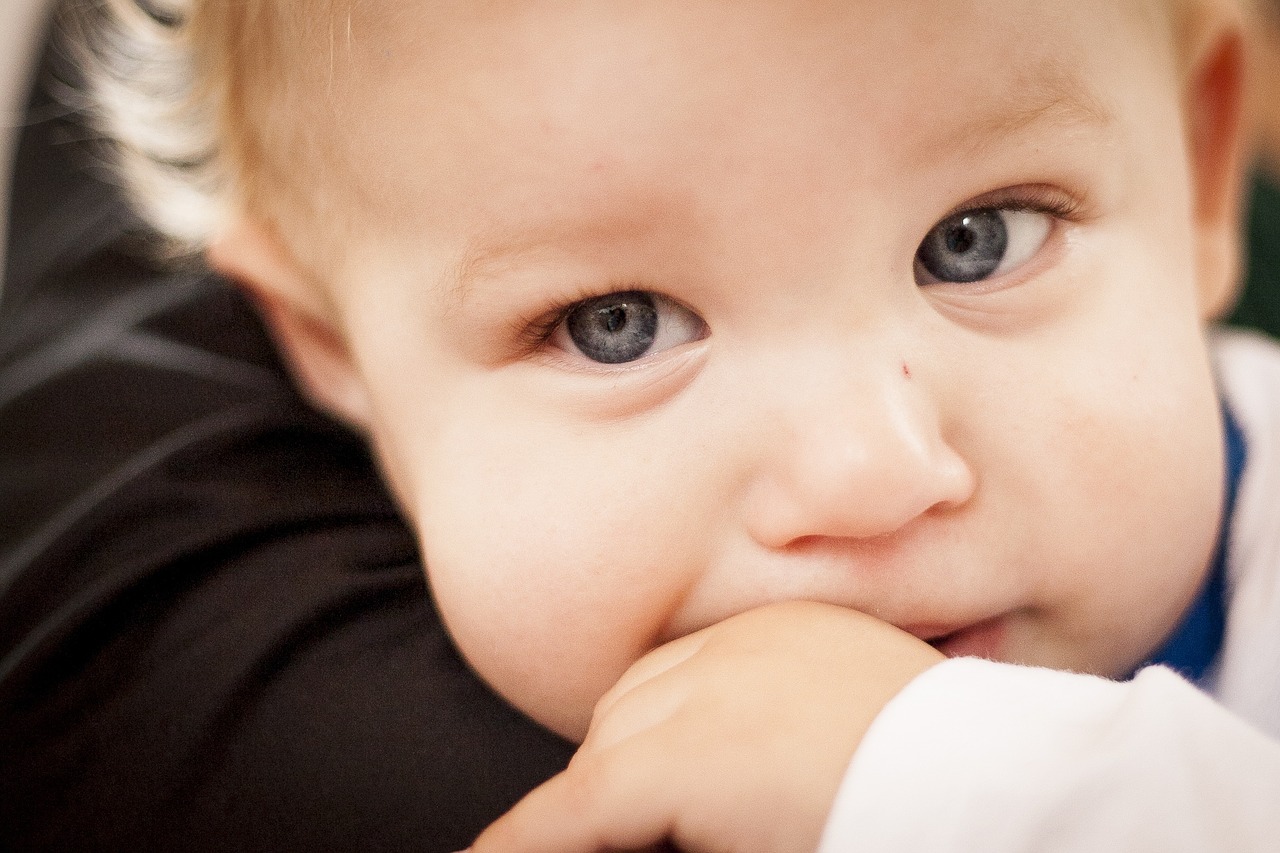
 How your child plays, learns, speaks, acts, and moves offers important clues about your child’s development. Developmental milestones are things most children can do by a certain age.
How your child plays, learns, speaks, acts, and moves offers important clues about your child’s development. Developmental milestones are things most children can do by a certain age.

